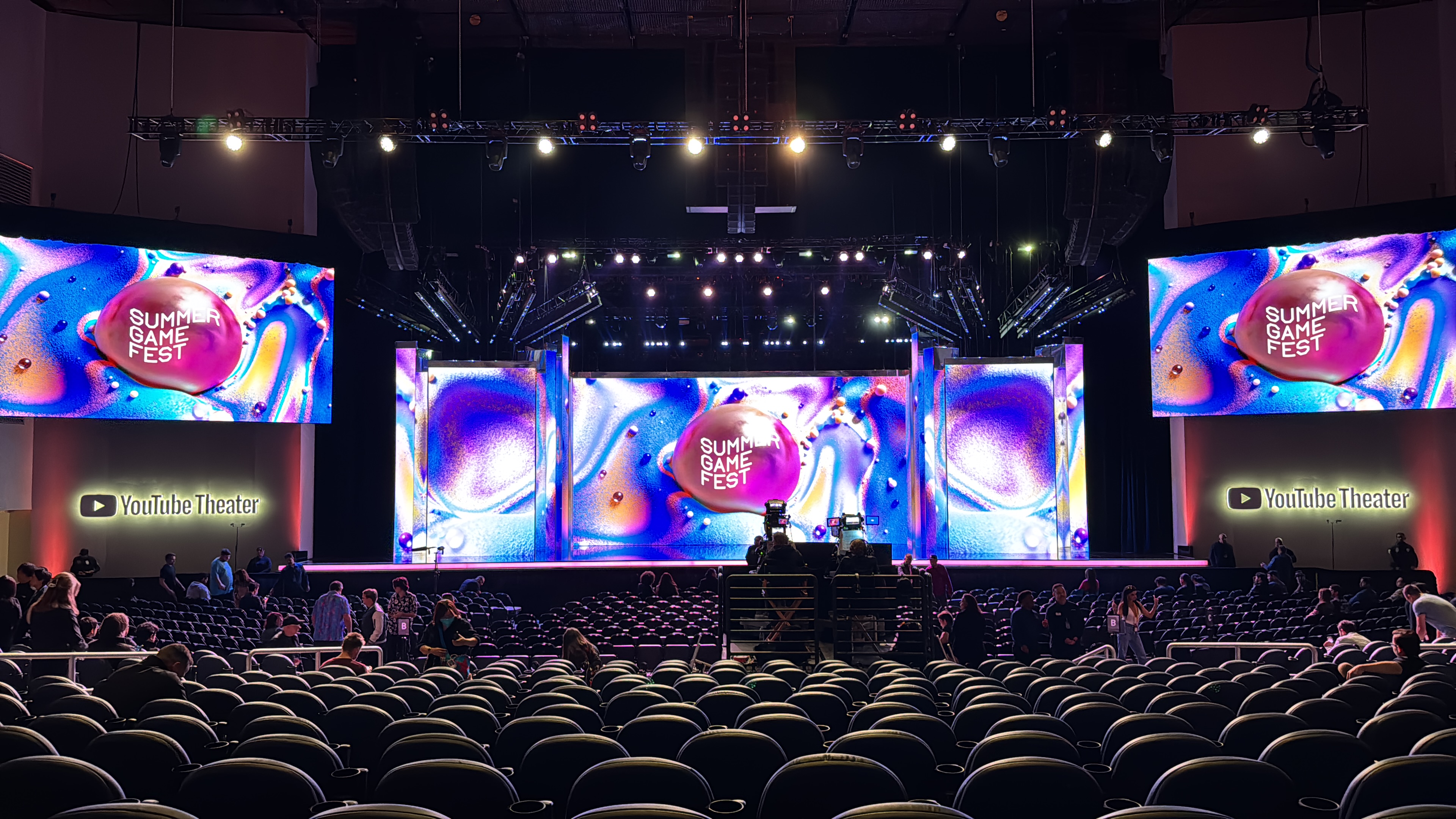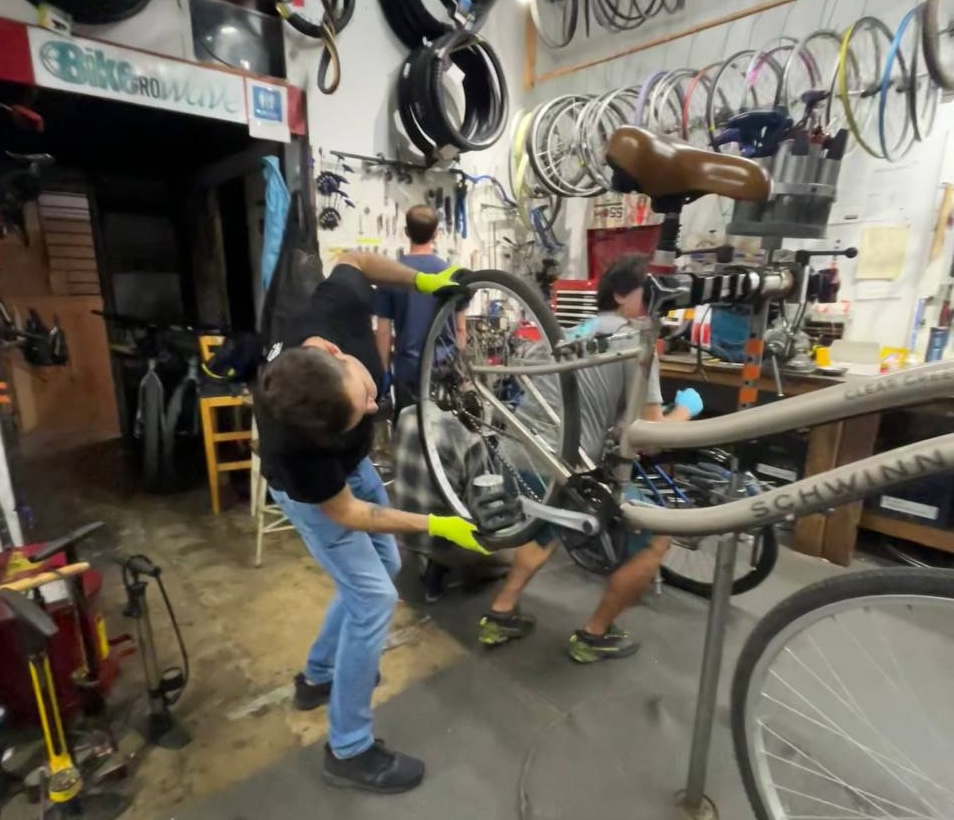42
I was so busy living that I forgot my usual birthday post a few days ago. My relationship with the internet is gradually deteriorating; I barely open any social media except X. My only focus now is video games, eFootball, and YouTube creators.
Digesting hundreds of posts through my RSS feed is becoming a tiring task rather than a pleasant one, so I’m dedicating less and less time to it. The nice thing, though, is that there’s no rush to consume that kind of content, and I know I can return to it whenever I feel like it or maybe when I have more time to spare.
Last Friday, I took the day off, and we drove north. I attended the Limp Bizkit and Metallica concert at the 49ers stadium. Despite the awful acoustics and the cold Bay Area wind, I had a great time. We explored a bit of Monterey and part of the road leading to Big Sur.
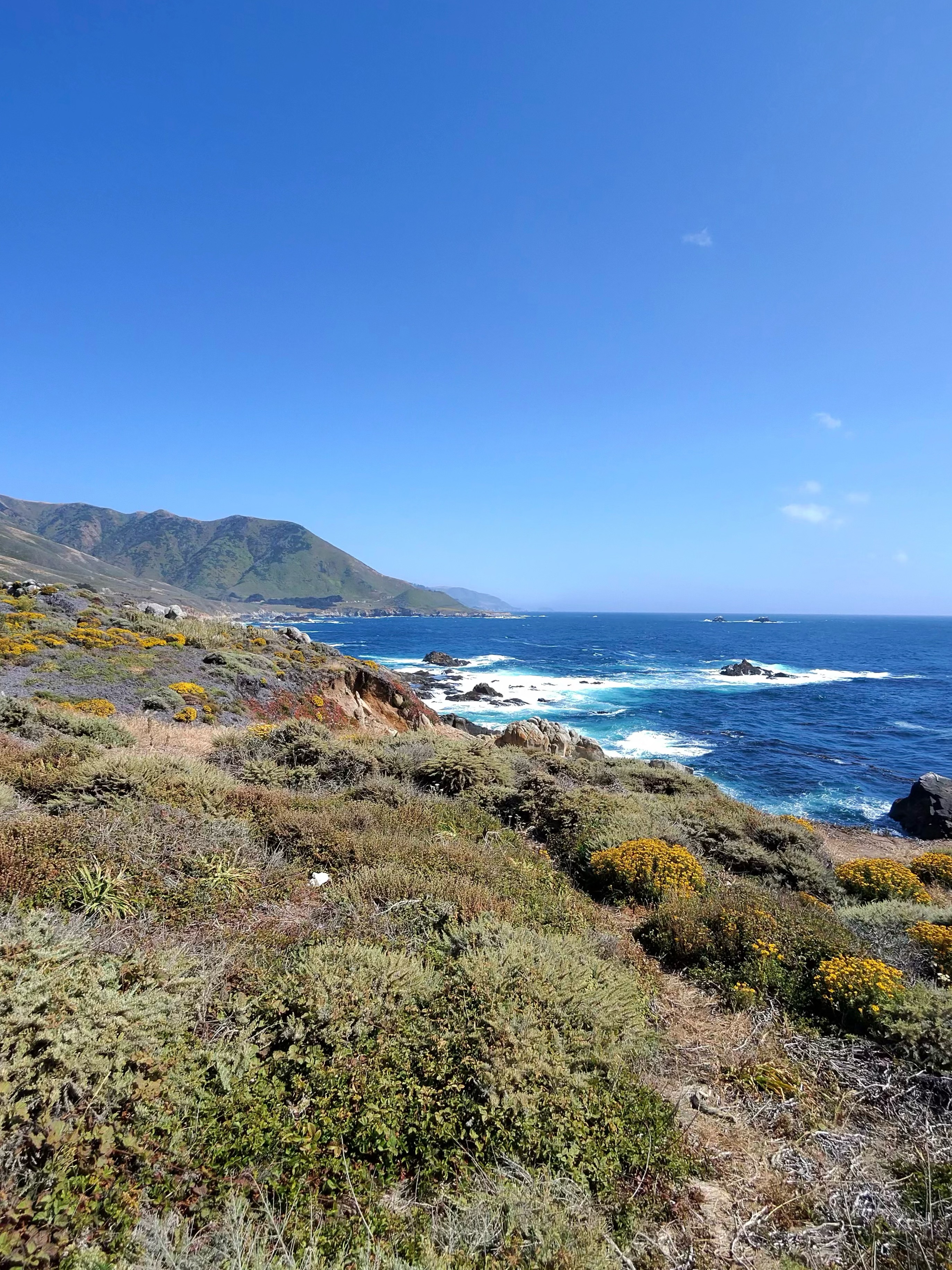
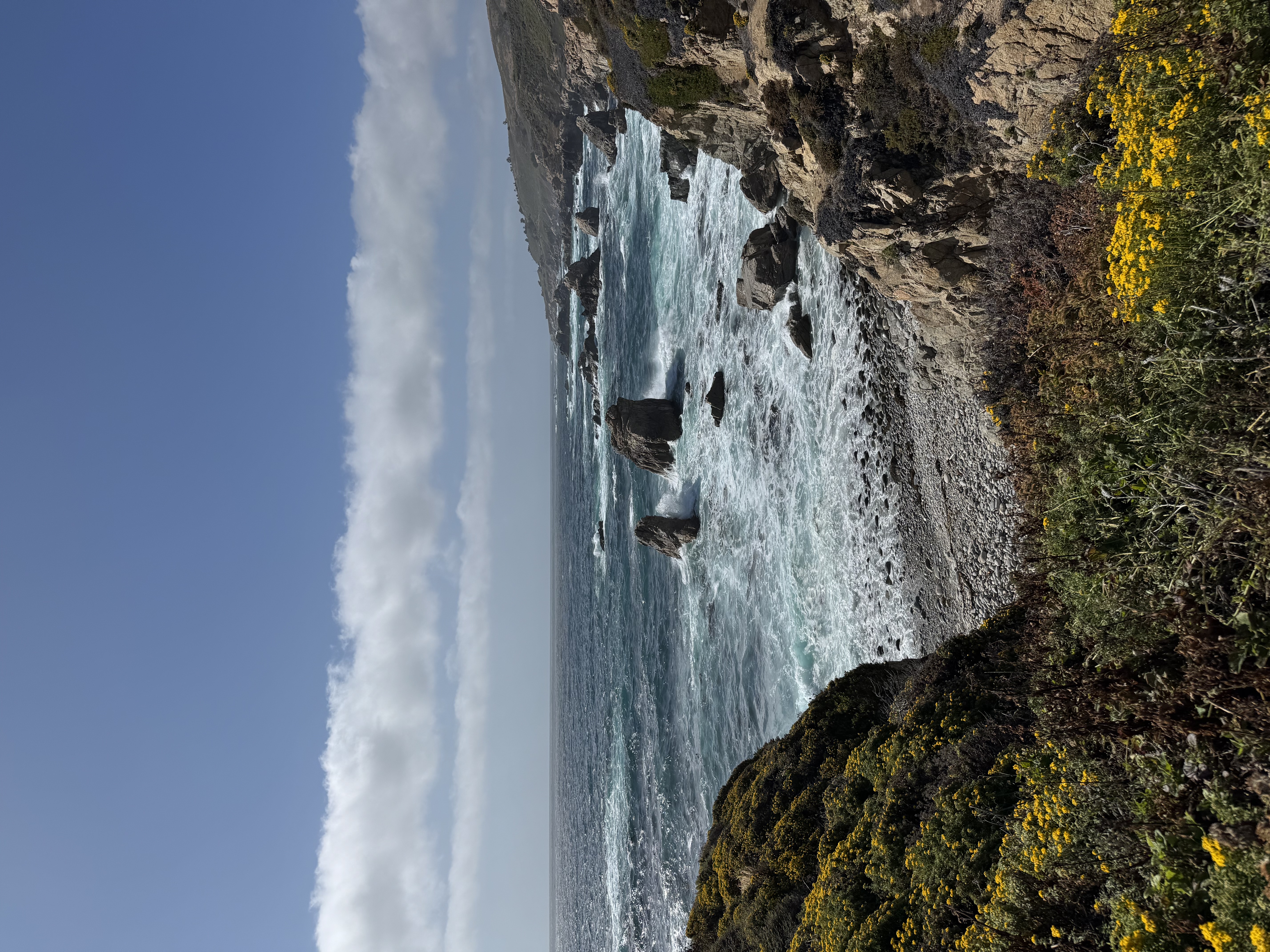
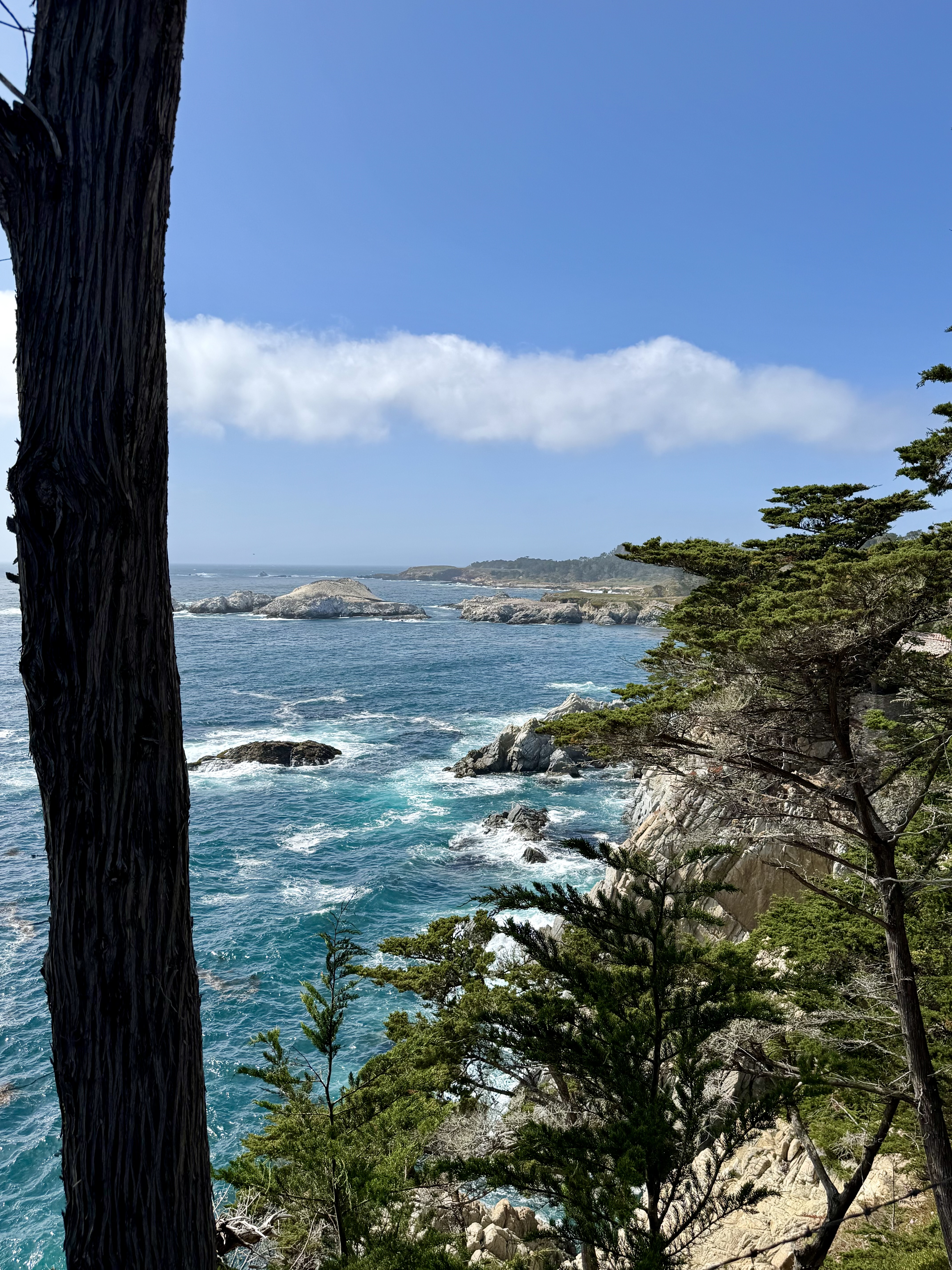
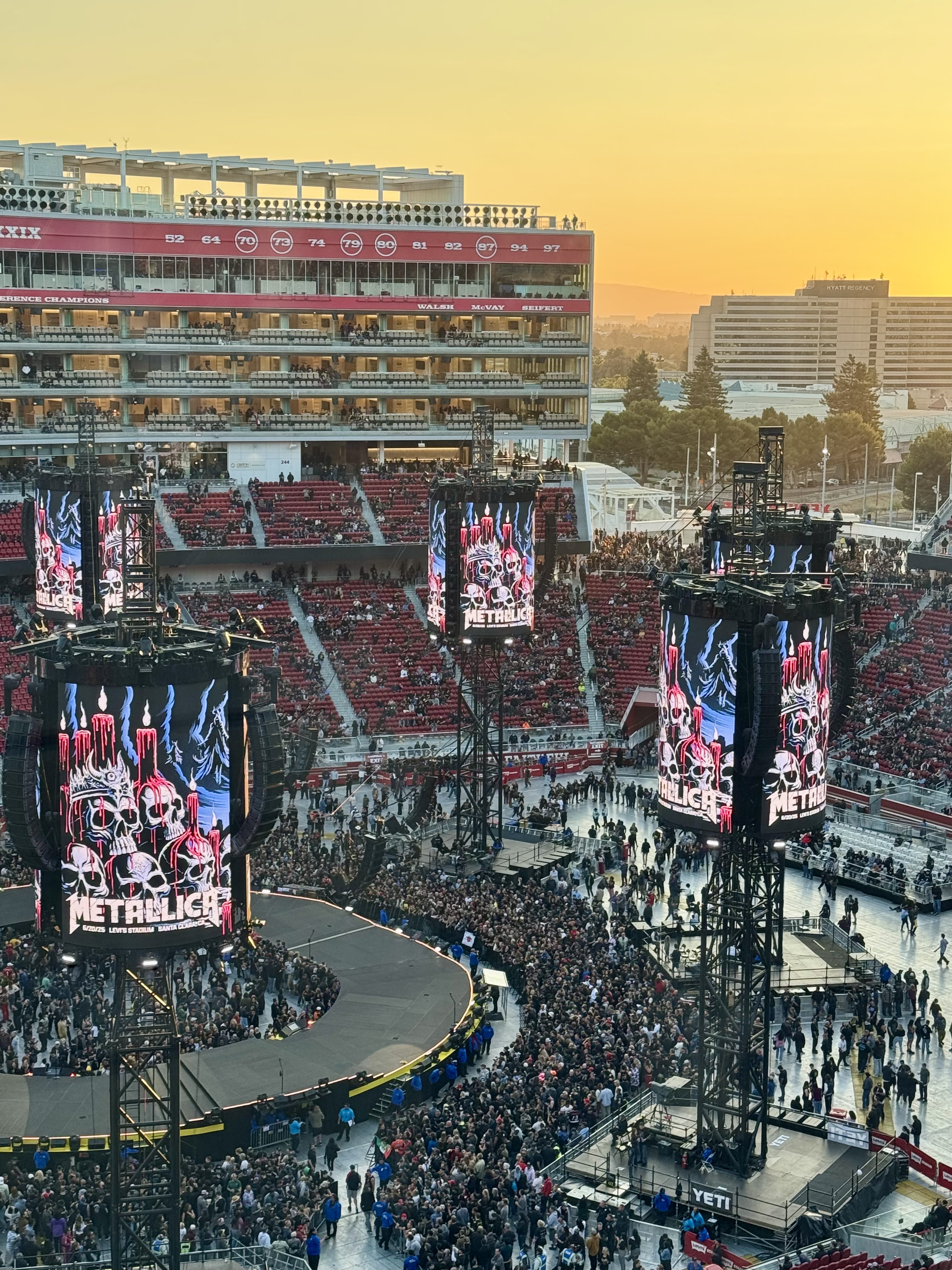
Sunday was supposed to be dedicated to Carmel-by-the-Sea, but Panna started having tremors, so we decided to head back home immediately to take her to Urgent Care.
It seems to be a simple virus treatable with antibiotics, thankfully!
42 years old. When I think about it, I still can’t believe it. Especially because I feel half that age.

